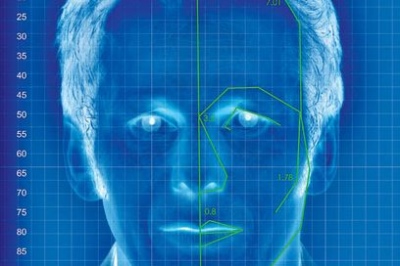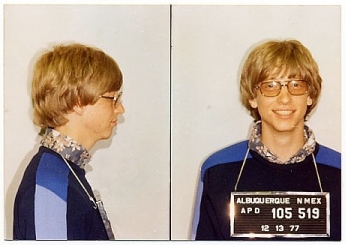
Interpol will be proposing the roll out a facial recognition database.
From The Register:
Interpol chiefs will propose the use of automated facial-recognition technology at borders to flag up internationally wanted suspects, according to reports.
The UK already has airport gates equipped with such technology, intended to remove the need for a human border guard to check that a passenger’s face matches the one recorded in his or her passport. According to the Guardian, Interpol database chief Mark Branchflower believes that his organisation should set up a database of facial-recognition records to operate alongside its existing photo, fingerprint and DNA files.
Interpol member nations would have the option of uploading face records of wanted suspects in the same way they already do other biometrics data, and would be able to check an individual’s headshot against the Interpol files as with the other metrics.
I’m wondering about the veracity of a program such as this. Time and again we have seen roll outs similar to this that have consistently failed. Will this be different? This will be one to watch.
Nothing like a few good ole mugshots to amuse in the interim.

Ah, George.

And my personal fave.
🙂



as someone who used to work in facerec i’m going to say this is a monumentally bad idea… yes, it will fail just as all the others have failed and all future ones will fail… i think it was the ACLU that came up with the mathematical argument for why it must fail (sorry, no link handy) – even if the system is 99.99% accurate, the traffic through the places where they want to use systems like this is so high and the number of legitimate bad guys so small that the false alarms will always outnumber the true alarms and make such systems a waste of time…
biometrics are an ‘ok’ authentication technology (though i’d never rely on them as the only factor of authentication) for controlling access to sensitive resources, they are simply no good as an automated surveillance technology… people have been filling national security decision-makers heads with lies about what biometrics can do much like what was done with the media industry and DRM…